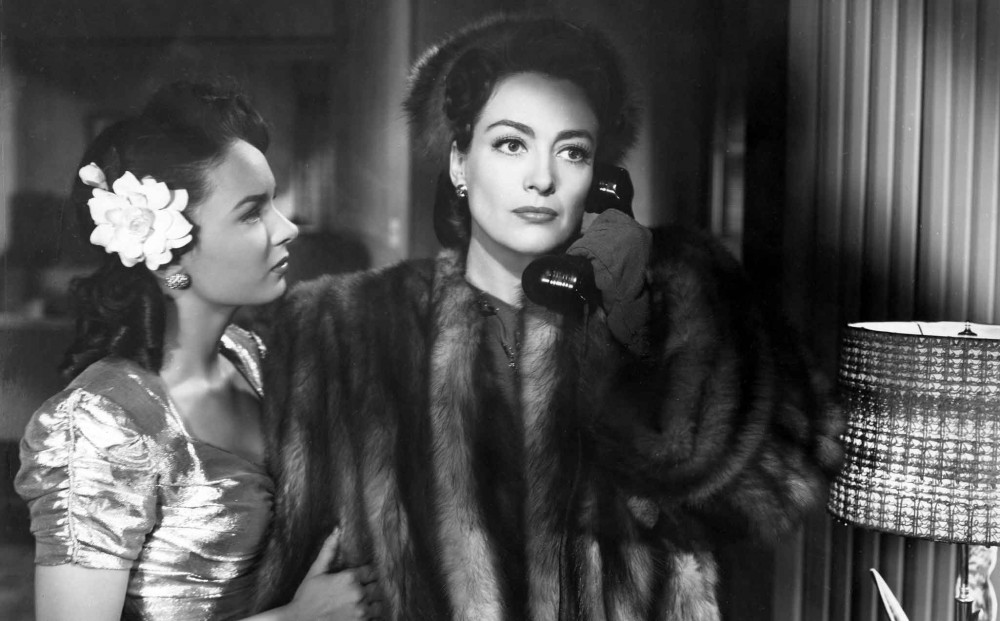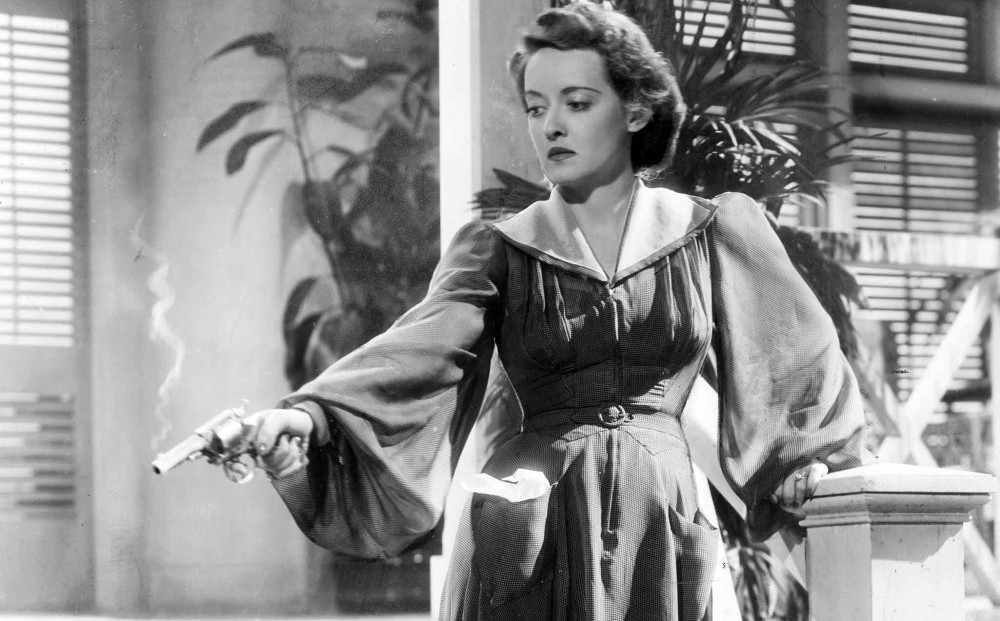MILDRED PIERCE & THE LETTER
MILDRED PIERCE
Directed by Michael Curtiz
(1945) Oscar winner Joan Crawford’s daughter-Ann-Blyth-loving Mildred relentlessly moves from housewife to waitress to restaurant mogul, en route dumping husband Bruce Bennett and acquiring sleazeball playboy Zachary Scott – or does she? Adapted from James M. Cain’s steamy classic. 35mm. Approx. 109 min.
12:30, 4:35, 8:40
“More authentic suggestions of sex than one hopes to see in American films.”
– James Agee
“The Warners version stretched audience expectations about what was decent, and how an abandoned wife might have to look after herself. There were women alone and broken homes after the war, as well as optimism renewed; and sometimes one became the other over a weekend. Mildred Pierce opened two months after Hiroshima. People make fun of Crawford nowadays, but she knew what a crisis was and how important the role was. She understood Mildred.”
– David Thomson, Warner Bros: The Making of an American Movie Studio
THE LETTER
Directed by William Wyler
(1940) “I still love the man I killed.” Lead flies on a rubber plantation in Malaya, but was Bette Davis defending herself from rape or eliminating a cheating lover? Husband Herbert Marshall nervously stays loyal, and quietly intense counsel James Stephenson buries his doubts, but always-sinister Gale Sondergaard has her own ace in the hole. From the Somerset Maugham play. 35mm print courtesy Library of Congress. Approx. 95 min.
2:40, 6:45
“The script is unrelenting, and the film shows what an intelligent actress Bette was, and how fully in her element in a role that had little in the way of glamour or distracting clothes. The film has a stealth and confidence that reminds us how, in a time of imminent war, Warner Brothers and other Hollywood studios could muster the resources and the calm to make intense studies of human corruption”
– David Thomson, Warner Bros: The Making of an American Movie Studio


